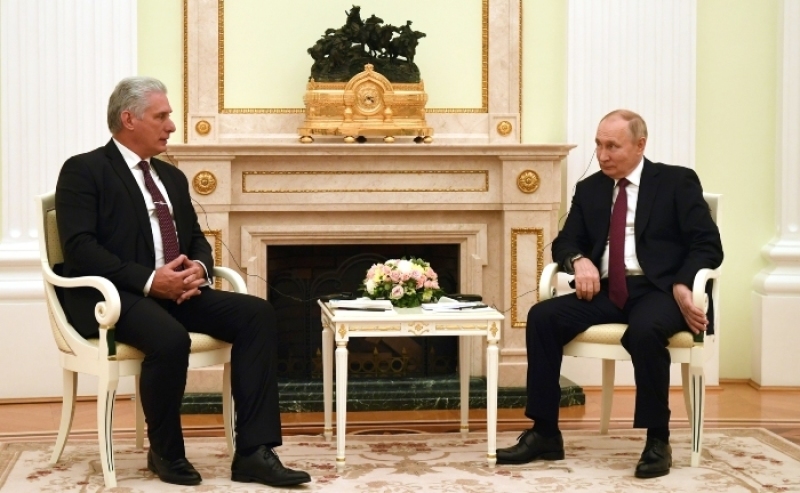
Christian leaders in Cuba are strongly condemning the government for its violations of religious freedom, criticizing fines on religious leaders and restrictions on worship in a joint statement.
The Alliance of Christians of Cuba (ACC) has stated that the government's actions are hindering religious groups’ ability to provide humanitarian aid during a deepening national crisis.
The ACC, an independent network of religious leaders established in 2022, released a declaration last week denouncing the Cuban government's refusal to legalize unregistered places of worship and the imposition of hefty fines on religious leaders. As reported by the U.K.-based group Christian Solidarity Worldwide (CSW), Signed by 63 religious leaders, the declaration described these governmental measures as a direct assault on the freedom to worship.
“We observe with dismay that the Cuban state refuses to open spaces for the exercise of fundamental rights such as freedom of association. This limits churches’ ability to provide support and social aid to those most in need,” the statement read.
According to the ACC, the government has collected over 1 million Cuban Pesos, approximately $42,000, in fines from religious leaders, actions that are characterized as punitive against those trying to support their communities. CSW has documented a minimum of 69 incidents since January in which religious leaders, including those from both registered and unregistered Christian and Afro-Cuban groups, faced fines across 11 provinces.
In June, the leader of an unregistered Christian group in Matanzas was fined 20,000 CUP, or $850, for not vacating a property where they held religious services, despite having legal ownership documents and being denied official permission to meet there.
Additionally, leaders of two registered Christian groups in Camagüey and Holguín were fined 15,000 CUP, or $650, and 50,000 CUP, or $2,100, respectively, for conducting renovations without authorization.
These fines are being levied during a period when Cuba is struggling with severe economic turmoil, compounded by natural disasters and frequent power outages.
“Cuba is experiencing a crisis unlike anything it has seen in decades,” stated Anna Lee Stangl, co-director of advocacy for CSW. “Instead of opening space to independent civil society, including religious groups, to allow them to provide much needed humanitarian aid to the wider community, the government under President Miguel Díaz-Canel Bermúdez is tightening restrictions on all freedoms.”
Stangl emphasized that CSW stands with the ACC in urging the Cuban government to honor fundamental human rights, particularly the right to freedom of religion or belief as guaranteed under Article 18 of the Universal Declaration of Human Rights.
The increased crackdown on religious freedom in Cuba follows significant protests in July 2021, when thousands demonstrated against the government's management of economic and political challenges. A prior report by CSW noted 622 violations of religious freedom in 2023, compared to 657 cases in 2022 and 272 in 2021, indicating a persistent level of repression.
The report highlighted tactics such as surveillance, interrogation, and threats directed at religious leaders and their congregations, especially those who assist the families of political prisoners or provide humanitarian aid. Leaders of unregistered groups face ongoing harassment and threats, and children from religious families have experienced verbal abuse in schools because of their beliefs.
Although the Cuban government established the Department for Attention to Religious Institutions and Fraternal Groups in 2022, religious leaders have informed CSW that the Office of Religious Affairs of the Central Committee of the Cuban Communist Party remains the primary authority, continuing to adopt an antagonistic stance towards religious groups.
The U.S. State Department has classified Cuba as a “country of particular concern(CPC)” for religious freedom, ranking it alongside countries like China, Iran, and North Korea as one of the most significant offenders of human rights.



















